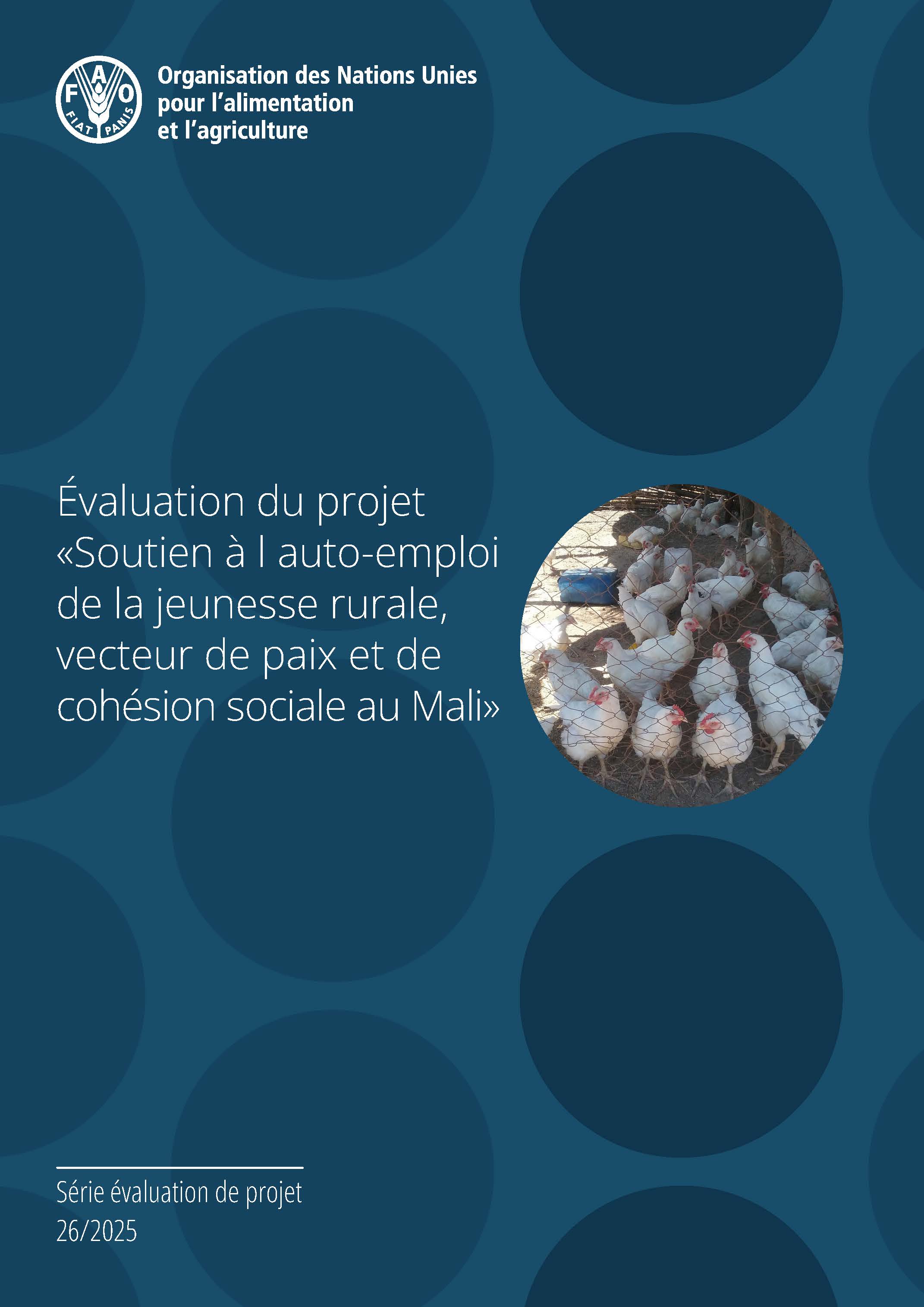Highlights

Highlights
Strengthening Global Health Security: Ten Countries, Ten Success Stories
21/01/2026
Ten case studies show how FAO’s support to the Global Health Security Agenda is driving multisectoral collaboration and disease preparedness across...

Highlights
From the World Food Forum to EvalforEarth: How evaluation fuels agrifood system transformation
07/11/2025
Rome’s Food and Agriculture Organization (FAO) headquarters pulsed with energy this October when the 2025 World Food Forum (WFF) opened its doors. The...

Highlights
EvalforEarth Discussion - Beyond the final report: What does it take to communicate evaluation well?
22/10/2025
This discussion aims to reflect on the opportunities and barriers to embedding communication throughout the evaluation process. By exploring real-world...
Watch: Evaluation of FAO’s Country Portfolio in Somalia
The evaluation of FAO’s Country Programme in Somalia covered the work of FAO Somalia from 2018 to 2022 to assess the overall contribution to FAO priority areas. It focused on the relevance of the FAO programme in responding to needs and priorities in Somalia, FAO contributions to the country programming framework priority areas, and organizational performance.

In Focus
EvalforEarth
Join EvalForEarth, a community of practice on evaluation for food security, environment, agriculture and rural
development. The community is supported by the evaluation offices of FAO, WFP, CGIAR and GEF.






